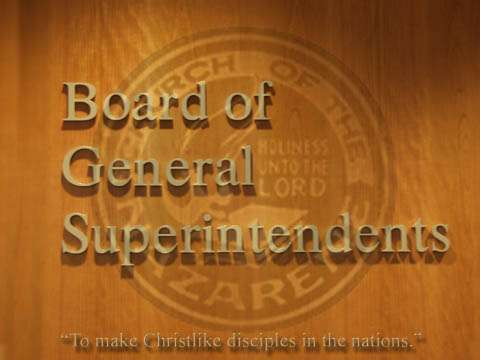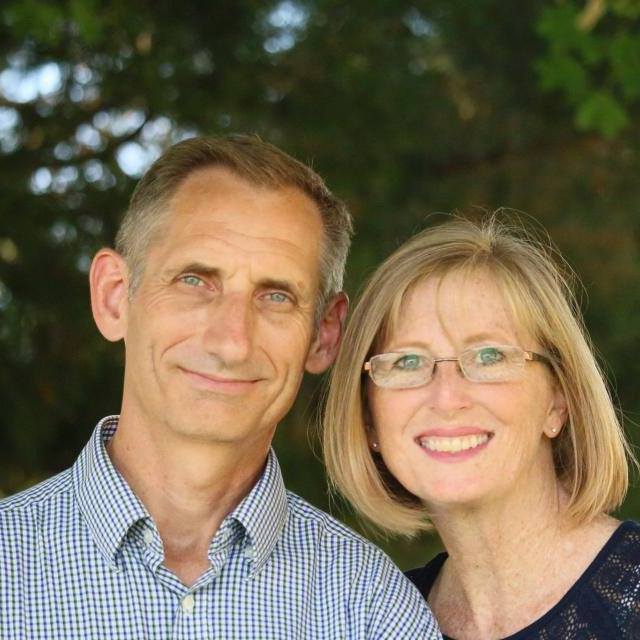
By David A. Busic

Dr. David A. Busic
The last few months have been exceedingly difficult for the global family. News of violence, racism, terrorism, suffering, and great tragedy seem to be daily occurrences. With so much bad news, what does it mean to be a people of hope? More specifically, what is Christian hope, and how does it change our perspective?
Christian hope is based on a person.
Christian hope is not the power of positive thinking. It is not based on circumstances, either good or bad. It is not new and better ideas, utopian philosophies, or reformed politics. Christian hope is objectively focused on the person of Jesus Christ who has been revealed to us as “the grace of God,” “the salvation of all people,” and our “blessed hope” (Titus 2:11–13, NIV). Hope in anything else will not give us what we are looking for. Jesus is the only one who can satisfy the deep hunger of our hearts.
Christian hope looks forward to a promised future.
The way we handle our present life is completely determined by what we believe our future will be. If our hope is rooted and grounded in a future that is far greater and better than where we find ourselves today, it is possible to face tremendous hardships and great difficulties with peace and joy. When we put our hope in a promised future that we know will not fail, even the greatest sacrifices can be endured and found meaningful.
Our hope in Jesus Christ is the hope that there is coming a day when God will make all things that are wrong in the world right again. Our hope is that God will remake the world the way He intends it to be. Our hope is that we will live a resurrected life with Jesus and the family of God for eternity in heaven. Christian hope looks forward to a better future.
That hope changes us.
Looking forward in hope changes our behavior. Suddenly we find ourselves acting very differently and thinking very differently. “It teaches us to say ‘no’ to ungodliness and worldly passions” (Titus 2:12a, NIV). The old way of life does not have the same pull on us that it used to.
Looking forward in hope changes our purpose. Our priorities change. Our passions are redirected. “It teaches us … to live self-controlled, upright, and godly lives in this present age” (Titus 2:12b, NIV). We begin to live today as though God’s promised future were already at hand.
C. S. Lewis once said, “If you read history you will find that the Christians who did the most for the present world were those who thought most of the next.”
Looking forward with hope means we see God’s vision of a world with no more poverty, no more war, no more violence, no more injustice. And because that is a picture of what our future hope looks like, as citizens of the kingdom of heaven and as people who believe that God always keeps His promises, we start working toward that vision right now, here on earth. We begin to long for, pray for, and work for a time where there is justice and peace, where hungry people can eat, and where diseased people can be made well. We begin to live toward the time when there is no hatred, no prejudice, no unjust systems, and no racism. We live today the way God wants His world to be tomorrow.
Hope is the trade language of all Christian work and ministry. Because we have a promised future, it gives us the courage to risk much more than if we did not have it. “All things becoming new” is the eschatological hope of God’s tomorrow and gives us the strength to pray, “Your Kingdom come on earth as it is in heaven.”




